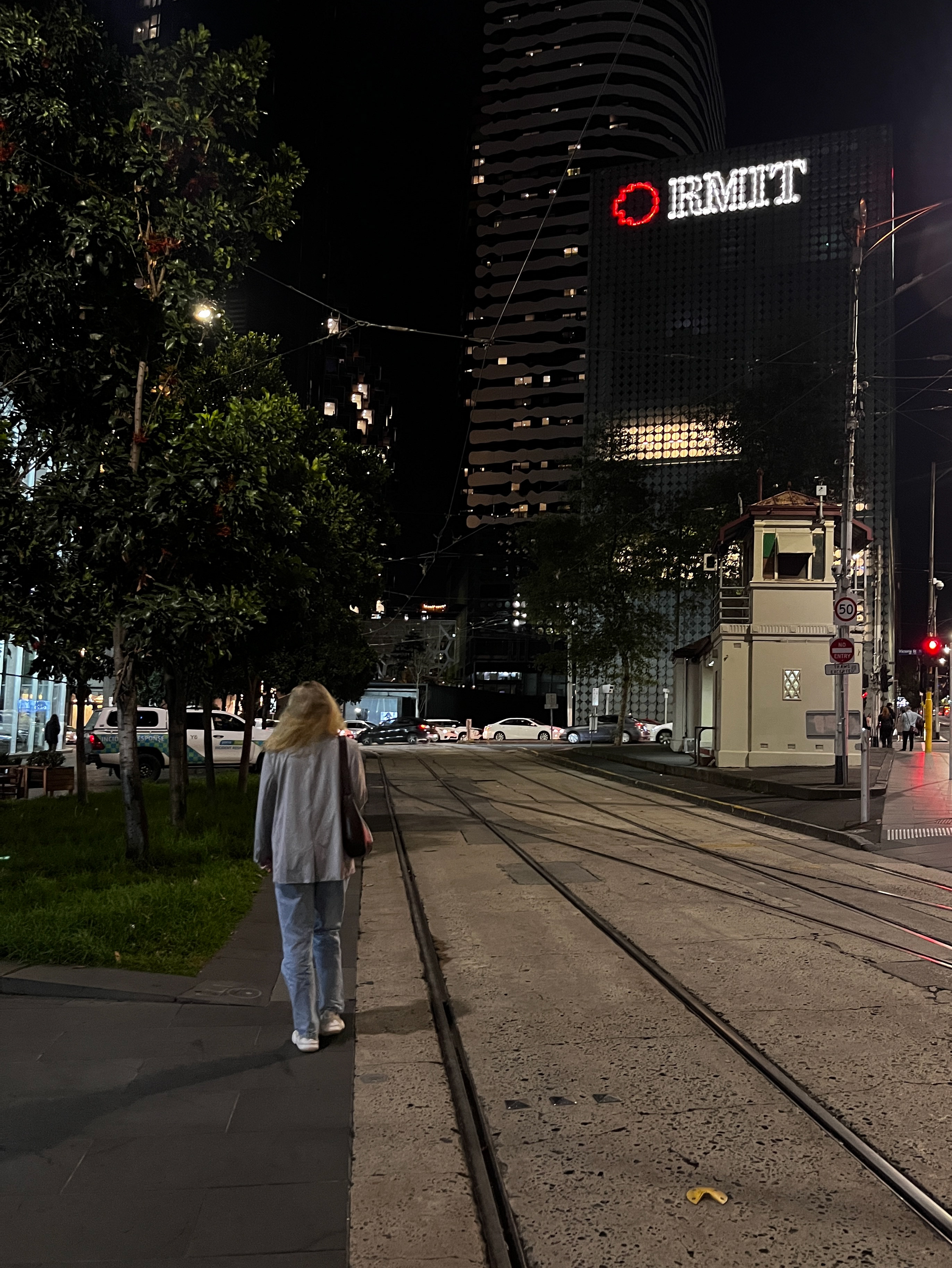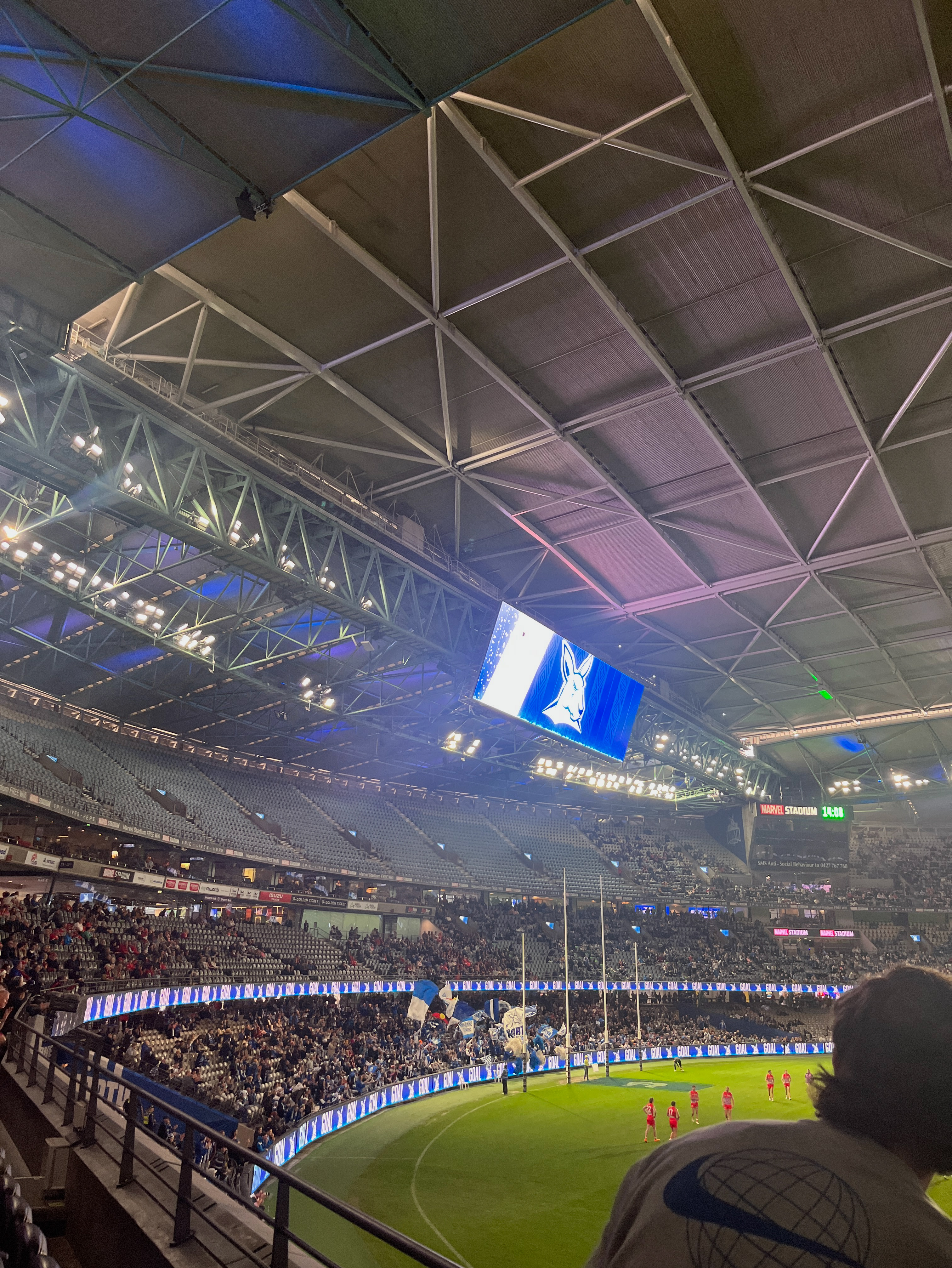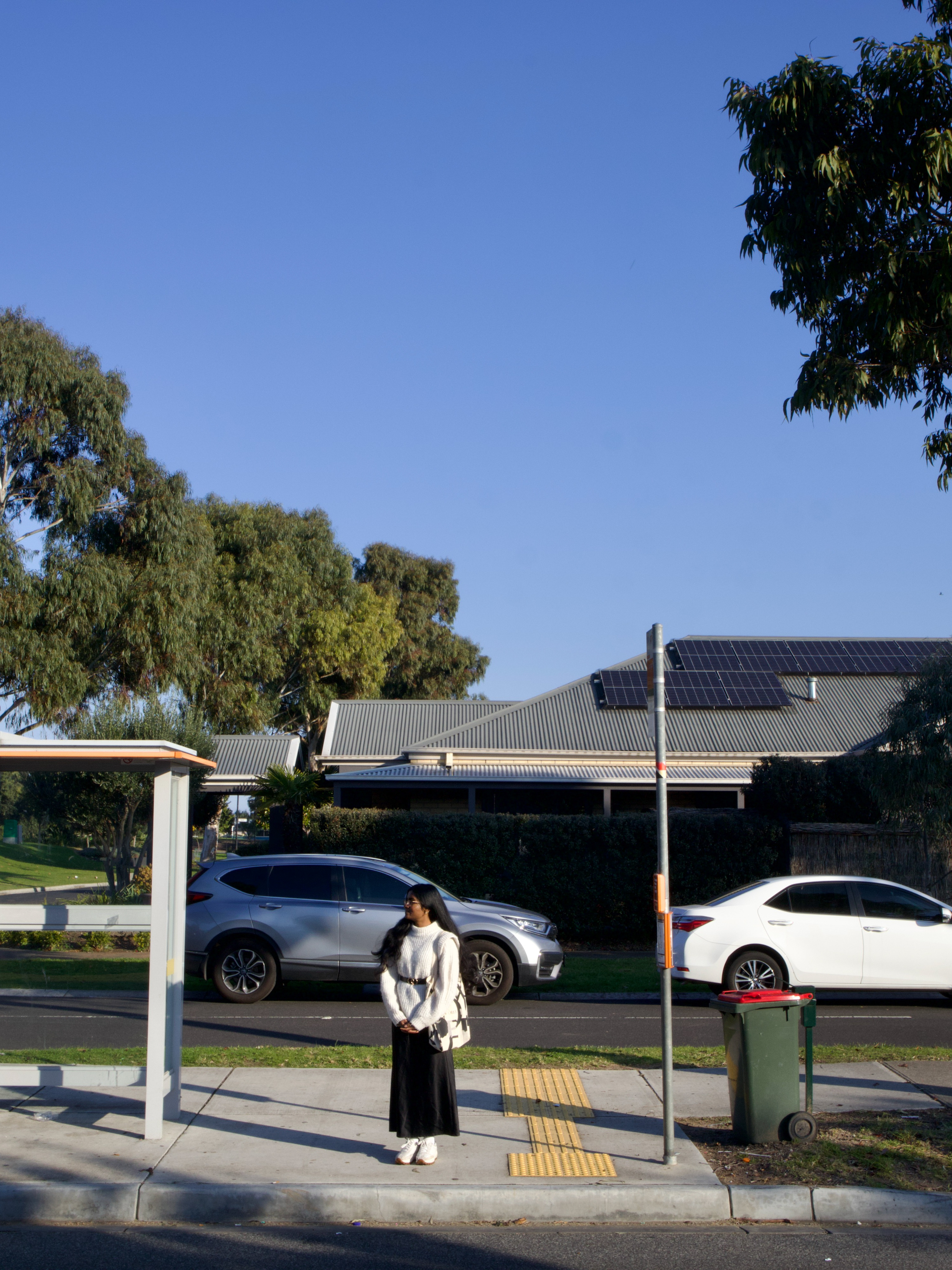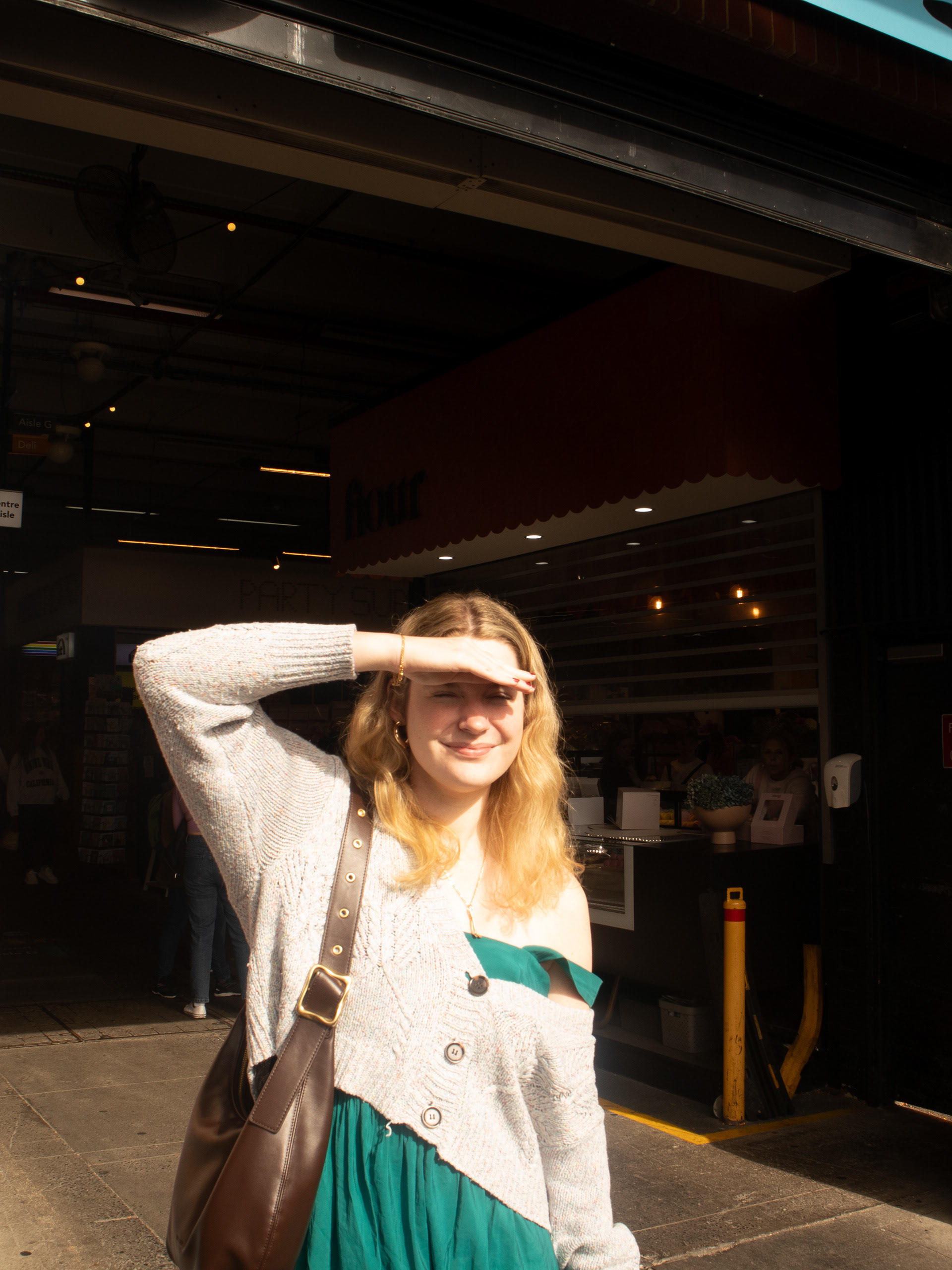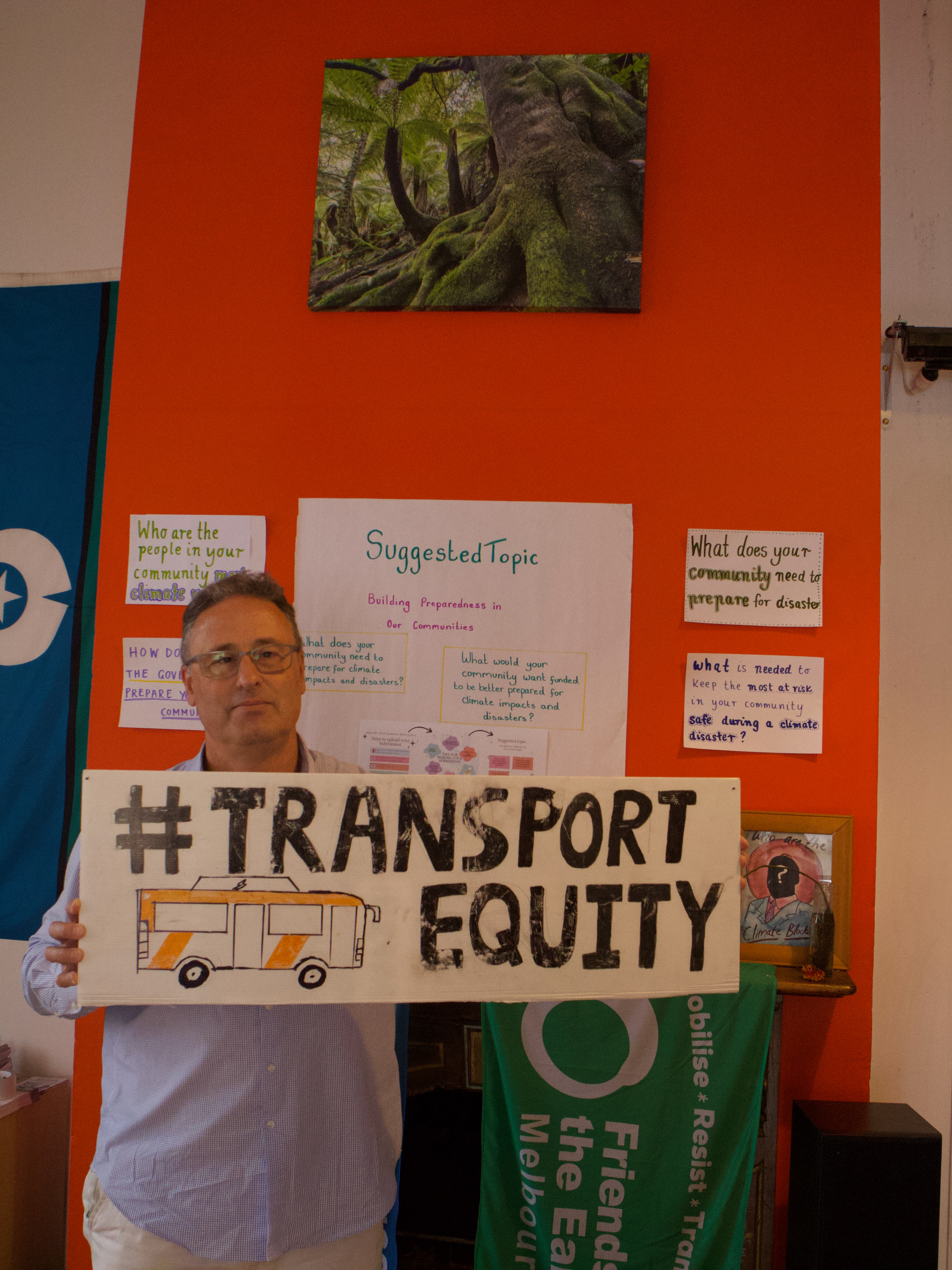The imprisonment of key journalists’ sources raises concerns for media freedom in Australia.
The latest example is former Australian Defence Force (ADF) military lawyer David McBride, a whistleblower who is currently serving five years and eight months in prison.
McBride was the key source for the ‘Afghan Files’, a series of articles containing information on alleged war crimes committed by ADF personnel in Afghanistan.
On the 14th of May, the ACT Supreme Court sentenced McBride for the theft of over 200 classified files. He was also sentenced for unlawfully communicating military information with people like ABC journalist Dan Oakes.
That same day, prime minister Anthony Albanese was asked why his government would not commit to reforming Australia’s broken whistleblower laws.
“I'm not going to say anything here that interferes with a matter that is quite clearly going to continue to be before the courts,” the prime minister answered during Question Time, “because we know what the consequences of that are.”
Crossbencher Independent Zoe Daniel, the federal member for Goldstein, believes stronger whistleblower protection is much needed.
“I don't think that whistleblowers should be prosecuted for telling the truth,” she said, “it’s pretty simple.”
Daniel, a former journalist herself, believes it is critical for whistleblowers to interact with journalists to expose wrongdoing.
“In the McBride case, journalists leaned very heavily on that material to expose a whole range of behaviors that were very much in the public interest to be exposed,” she said.
McBride went to the media to complain about the Australian Defence Force (ADF) and its management, but journalists found hundreds of reports on Australian Special Forces soldiers unnecessarily murdering civilians in Afghanistan.
“Whether that was McBride's intention or not, that was the net impact of what it is,” said Zoe Daniel, federal MP for Goldstein.
“I don't think you could argue that it was not in the public interest that that information became known.”
Journalists like Peter Greste, the former Aljazeera reporter who spent 400 days in Egyptian jail, also raise concerns for media freedom in their roles.
Greste agreed that the government has to be very careful, particularly when the case is still before the courts.
“The last thing we want is for the case to be ordered in some way by the Prime Minister's comments,” he said.
Drawing on his experiences in Egypt, Greste noticed the way governments use loosely framed national security legislation to come after uncomfortable journalism.
“It’s beggars’ belief to imagine that it wouldn't have a chilling effect on whistleblowers on sources,” he said.
“In 2019, we saw the AFP raids, which did pretty much exactly that; they used loosely framed national security legislation to come after awkward journalism,” Greste said.
Greste is referring to the AFP raids on journalist Annika Smethurst’s residence in Canberra.
“I'm not saying Australia is about to become Egypt anytime soon, but the same political pressures have been at work in both countries.”

